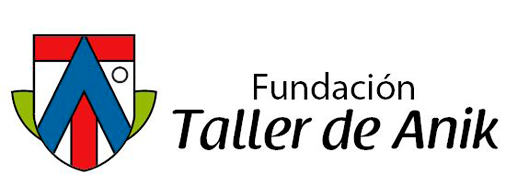HISTORY OF FOUNDATION TALLER DE ANIK
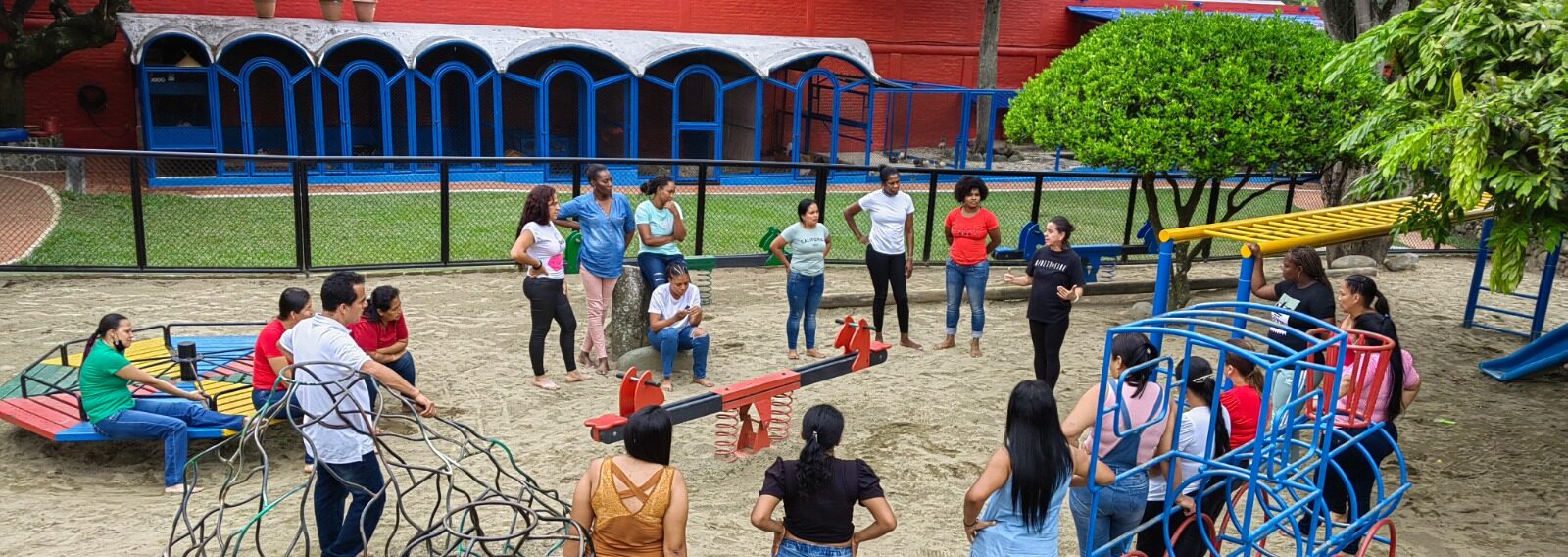
Fundación Taller de Anik, based in Cali, Colombia, has been a benchmark in pedagogical and cultural innovation since its founding in 1992. Over its 33-year history, it has built a transformative legacy integrating art, education, and social development, establishing itself as a key player in promoting cultural expressions and comprehensive training for communities and early childhood. Throughout its journey, three main areas of action have allowed it to impact different dimensions of human development:
Cultural, Education, and Social.
CULTURAL:
Performing Arts: Funtanik has championed theater as a medium for social reflection. With over ten theatrical productions, notable works include “Asustados,” created in collaboration with the group LABORACTORES, which revives oral traditions and environmental awareness; “Mi día de suerte,” directed by acclaimed actress Marleyda Soto; and “El regreso al desierto” and “El principito,” under the direction of master Douglas Salomón. Since 1996, it has supported theater seasons like those of “Domus Teatro” and enriched its programming through cultural exchanges.
Cultural Gathering Spaces and Outreach: FUNTANIK has served as a platform for national and international artists, promoting exhibitions such as the “Batik Art Exhibition” in partnership with Club Farallones and the Alliance Française in Cali, fostering cultural dissemination and access to works by artists like Yanira La Rotta, Duberney Marin, and Jean Pierre Blanchar, a disciple of Picasso and Dalí. In 1995, it backed the audiovisual project “Retrospectiva” by writer and filmmaker Luis Ospina; in 1996, it contributed to the first “Jazz para Cali” concert at the Jorge Isaacs Theater; and in 1997, it participated in the publication of the cultural magazine “ViceVersa” by Universidad del Valle. In 2005, it co-produced the feature film “Lenguaje maestro“, about the life and work of maestro Enrique Buenaventura, reaffirming its commitment to the city’s cultural memory.
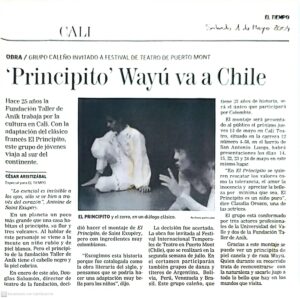
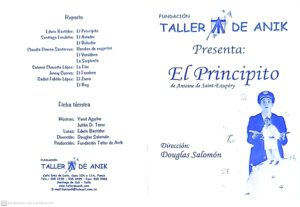
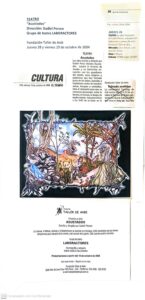
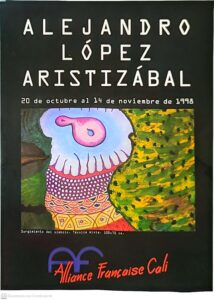
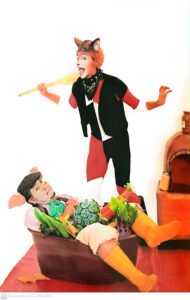
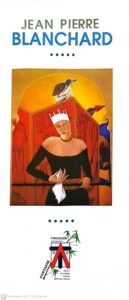
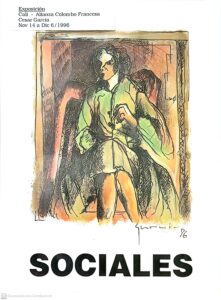
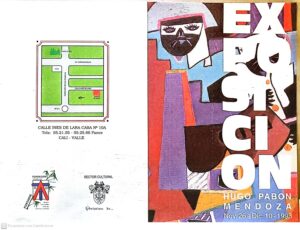
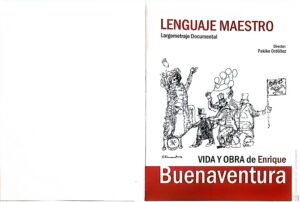
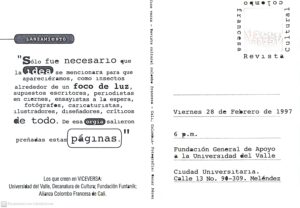
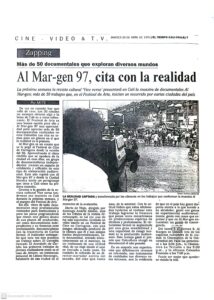
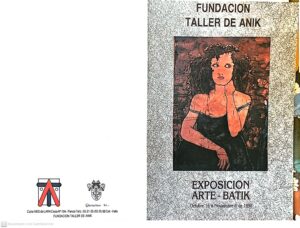
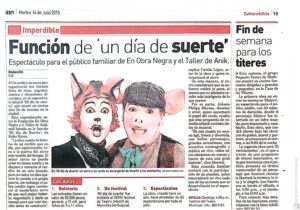
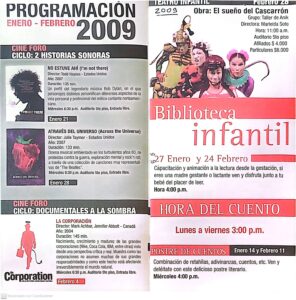
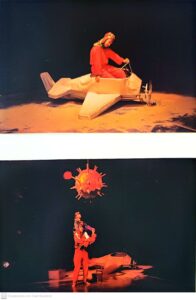






EDUCATION:
Holistic Early Childhood Education: Through its kindergarten “El Taller de Anik,” FUNTANIK has implemented innovative pedagogical approaches combining arts, science, and sports. Programs like “Academic Support and Tutoring“, summer courses “Learning Through Play“, and the “Nana” project for caregiver training aim to foster children’s comprehensive development through a playful, respectful, and meaningful lens.
High-Impact Cultural Exchanges and Training: Training has been central to FUNTANIK’s mission, with partnerships featuring international experts who have enriched its pedagogy. In 1999, it collaborated with Cuba’s theater group “El Puente”, hosting performances like “La mascarada de los Angeles,” “Conecticus,” “Jorge,” and “Gulliver,” alongside workshops for foundation staff. In 2001, Argentine master Jorge Carlos Holovatuck led the “Workshop on Playful and Theatrical Expression Applied to School Education“, attended by over 80 teachers from Cali.
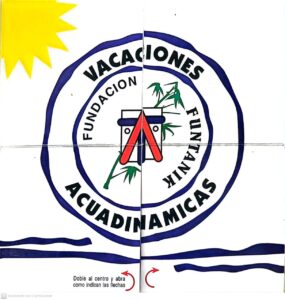
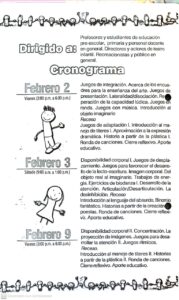
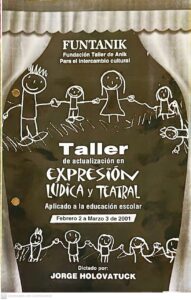
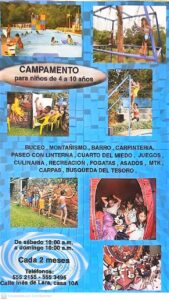
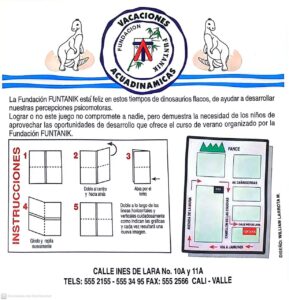
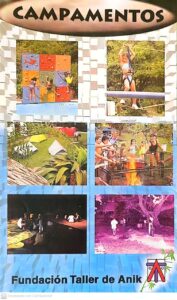
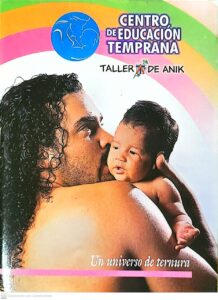
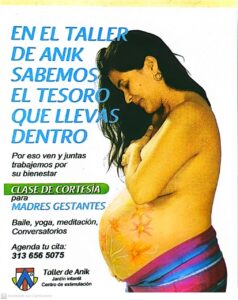
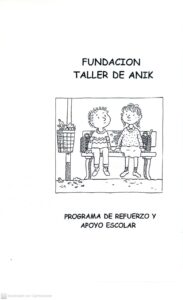
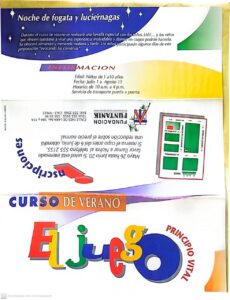






SOCIAL:
Social Commitment and Peacebuilding: The foundation has extended its impact to vulnerable communities, especially in conflict-affected regions. In Timba, Cauca, it executed the 2018 project “Resilience for Peacebuilding: Reinterpreting Experiences of Violence Through Art”, using music, theater, and dance to strengthen memory and resilience among members of the “Víctimas Renacer Siglo XXI” association. The project included donating musical instruments and promoting community kitchens to foster social integration.
Since 2022, it has worked with community mothers in Santander de Quilichao (Cauca) and Jamundí (Valle del Cauca), developing art therapy for emotional healing, providing pedagogical tools for early childhood care, and training in peaceful conflict resolution.
FUNTANIK represents a model of cultural and educational management that blends artistic excellence, pedagogical innovation, and social commitment. Its trajectory is a testament to the transformative power of art and education, solidifying its role as a high-impact institution nationally and internationally.
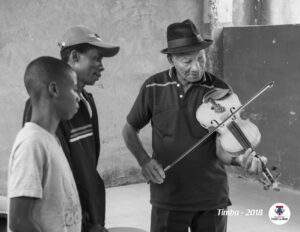
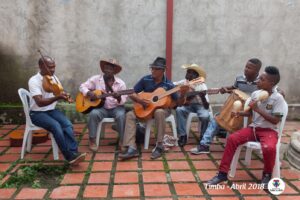
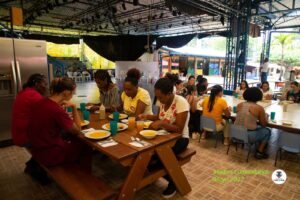

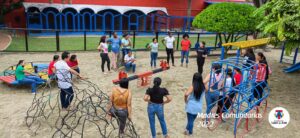
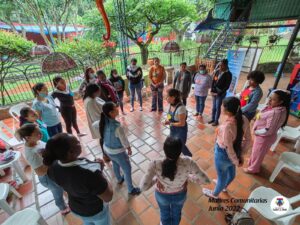

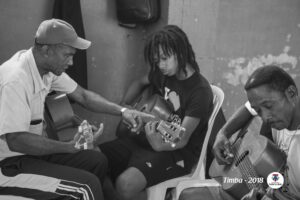






Explore our 33-year journey in detail

